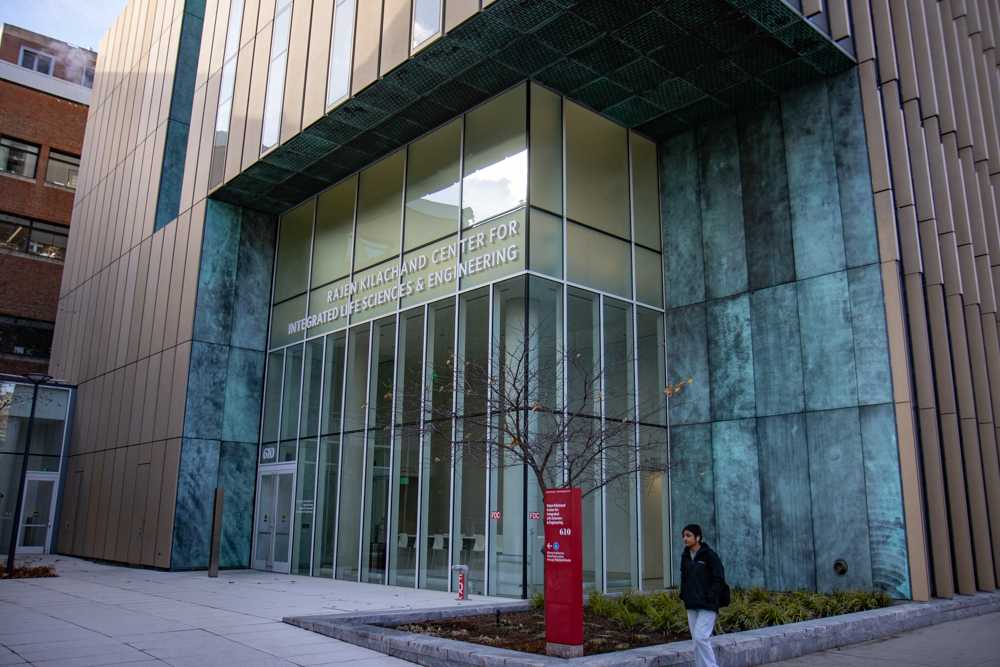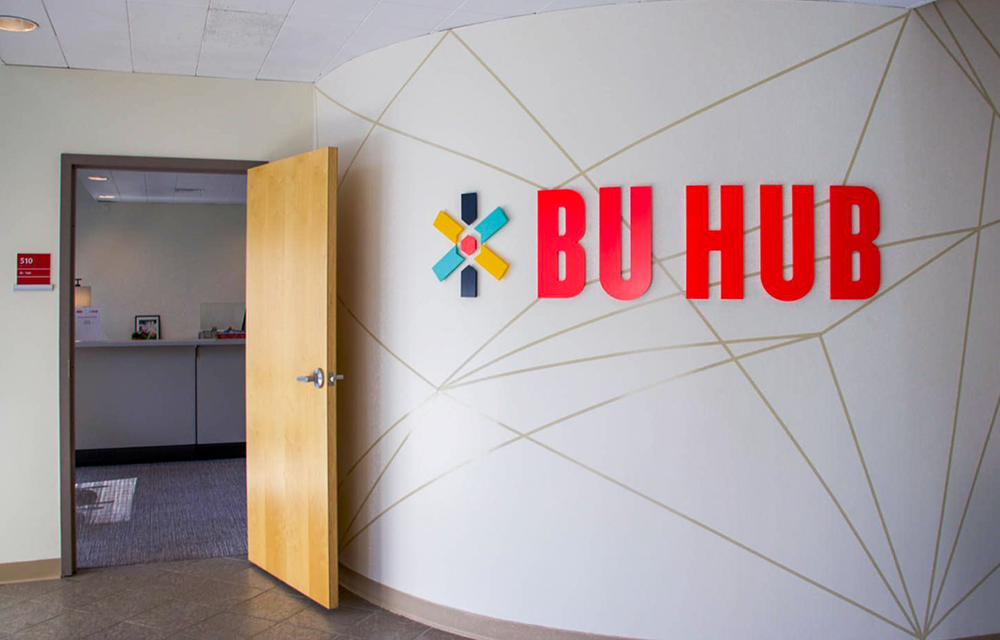Just as students stumble back into their academic routine after a week of spring break, here comes St. Patrick’s Day. Expect those Boston area students still standing after Sunday’s South Boston celebration to get their Irish on tonight, followed by a green about the gills Wednesday morning as they nurse the college stalwart that is a hangover.
Despite centuries of human drunkenness, the science of hangovers is an incomplete area of research. There is a limited but inconsistent scientific understanding of why so many wake up feeling terrible the next morning. Most solutions to hangovers are anecdotal and as consistent as a viable cure to hiccups. This has not stopped online apothecaries from peddling a plethora of pills to ward off that next-day ‘-‘- or later that night ‘-‘- ache, whether their product is a solution or snake oil.
SCIENCE OF SUNDAY MORNING SLOPPINESS
Once a hangover sets in, time is the only proven cure, but fluids and a breakfast of toast and honey can speed recovery, according to 2005 Royal Society of Chemistry research. The recommended breakfast provides the body with potassium, fructose and sodium, nutrients that are depleted as a result of alcohol consumption.
A favorite cure of frat boys is to consume the ‘hair of the dog that bit you,’ meaning drink more alcohol when one wakes up. This solution would only work to prevent alcohol withdrawal, a condition experienced when a person is becoming addicted to alcohol, the RSC said.
The chemical acetaldehyde is the cause of hangovers, according to the RSC. The body converts alcohol into the toxin, which can cause some of the familiar hangover symptoms: nausea, vomiting and headache. As the acetaldehyde leaves the body, the symptoms go with it.
Before consuming alcohol, it is a good idea to drink milk, which can slow the absorption of alcohol. Dark liquors, which contain natural harmful chemicals, are bound to hit harder than gin or vodka, two liquors that are purified during distillation.
Drinking alcohol can cause dehydration, but by drinking water or other soft drinks during and after consuming alcohol, people can feel better, the RSC said.
Whether it is waking up and taking a run, eating greasy food or drinking coffee, everyone has a favorite way to feel fresh in the morning.
‘Don’t drink,’ Matt Skorton, a bartender in Wayne, N.J., said. ‘What I do is drink a whole glass of water, but if someone’s wasted, that’s not going to happen.’
Nearby, a cadre of drinkers at Skorton’s bar chug pink shots to celebrate a twenty-first birthday.
‘Always eat breakfast and take a multivitamin with it,’ he said. ‘I hear sex in the morning does the trick.’
The surest solution to hangovers, shared by many sufferers and alcohol researchers, is simply to not consume alcohol. Moderation does not always work as researchers have observed, for reasons that are not completely clear, hangover symptoms in people who consume as little as one or two drinks.
BAD IDEA BOOZING TO BEDTIME
Alcohol’s depressant effect causes drinkers to feel tired, but a more typical side effect is a bad night’s sleep. While some studies have shown a single drink may actually improve sleep, two or more drinks will negatively affect sleep. No matter how many hours someone sleeps after a night of heavy drinking, a sense of too little sleep will likely accompany other hangover symptoms.
The sleep cycle varies over the course of the night, and alcohol affects different stages of sleep in different ways, Dr. Edwin Trayner, the clinical director of the sleep laboratory at Caritas St. Elizabeth’s Medical Center in Brighton, said.
As soon as someone falls asleep, they experience deep sleep. This first phase will be deeper when a person has consumed alcohol. After about two hours of deep sleep, the first period of rapid eye movement (REM) sleep begins for about 20 minutes. REM sleep recurs about every two hours during the night and sleep becomes lighter as the night goes on. The lighter stages of sleep become even lighter when a sleeper is under the influence of alcohol and is more prone to waking up in the middle of the night.
‘You’ll find people who have had three or four drinks before bedtime sometimes wake up at three or four in the morning and then lay there for a half hour before falling back asleep,’ Trayner said. ‘That’s a pretty common scenario.’
A NEW SOLUTION WHEN FEELING BLUE
The days of lingering in decrepit back alleys of the Internet to purchase a next morning treatment may be numbered. Some BU alumni recently crossed through the fray with a hangover treatment drink that will be available at bars, convenience stores and health clubs.
Last week, Code Blue became available in stores in Boston. The beverage has been available in New York City since last fall and provides electrolytes, vitamins and minerals that aim to alleviate hangover pains.
‘No one really knows what causes hangovers, and there’s really no cure yet,’ BU alumnus Jeff Frumin, co-founder of Code Blue’ said. ‘We want to come up with the best drink for hydrating and detoxifying you, as well as serving as an anti-inflammatory.’
The makers of Code Blue began researching the recipe while working jobs that demanded late nights and early mornings. While working in Miami during the MTV Video Music Awards Frumin and co-founder Michael Sachs, a brand manager for Grey Goose vodka at the time and also a BU alumnus, were working late and getting up early when the idea came to them. Stephen Frumin, Jeff’s brother, also co-founded the product.
‘We said we really need to think of something to make you feel better after a few drinks the next morning,’ Jeff Frumin said. ‘We realized there was nothing specifically designed for this that we thought was effective.’
The drink is largely comprised of purified water and antioxidant- and vitamin-rich prickly pear extract and agave nectar. There is no caffeine in the drink, and it is not being touted as an energy drink, but rather as a recovery drink.
Code Blue is the only ready-to-drink beverage containing reduced glutathione, a potent antioxidant that protects the body from free radicals. In the context of a hangover, free radicals are a toxin present in the body after drinking that can cause liver cell damage. Code Blue contains twice the electrolytes of most sports drinks.
The makers are marketing the drink to trainers at gyms too, many of whom have tried it and are recommending it to their clients, Frumin said.
With its neon blue color and sweet taste, Code Blue has become the mixer of choice for some drinkers looking for a hangover-free cocktail.
‘The first thing bartenders say is ‘can we mix this with vodka and other things?” Frumin said. ‘It’s not the reason we created it, but it does mix well. You’re sort of putting lots of vitamins and minerals back into your body while drinking.’






















































































































